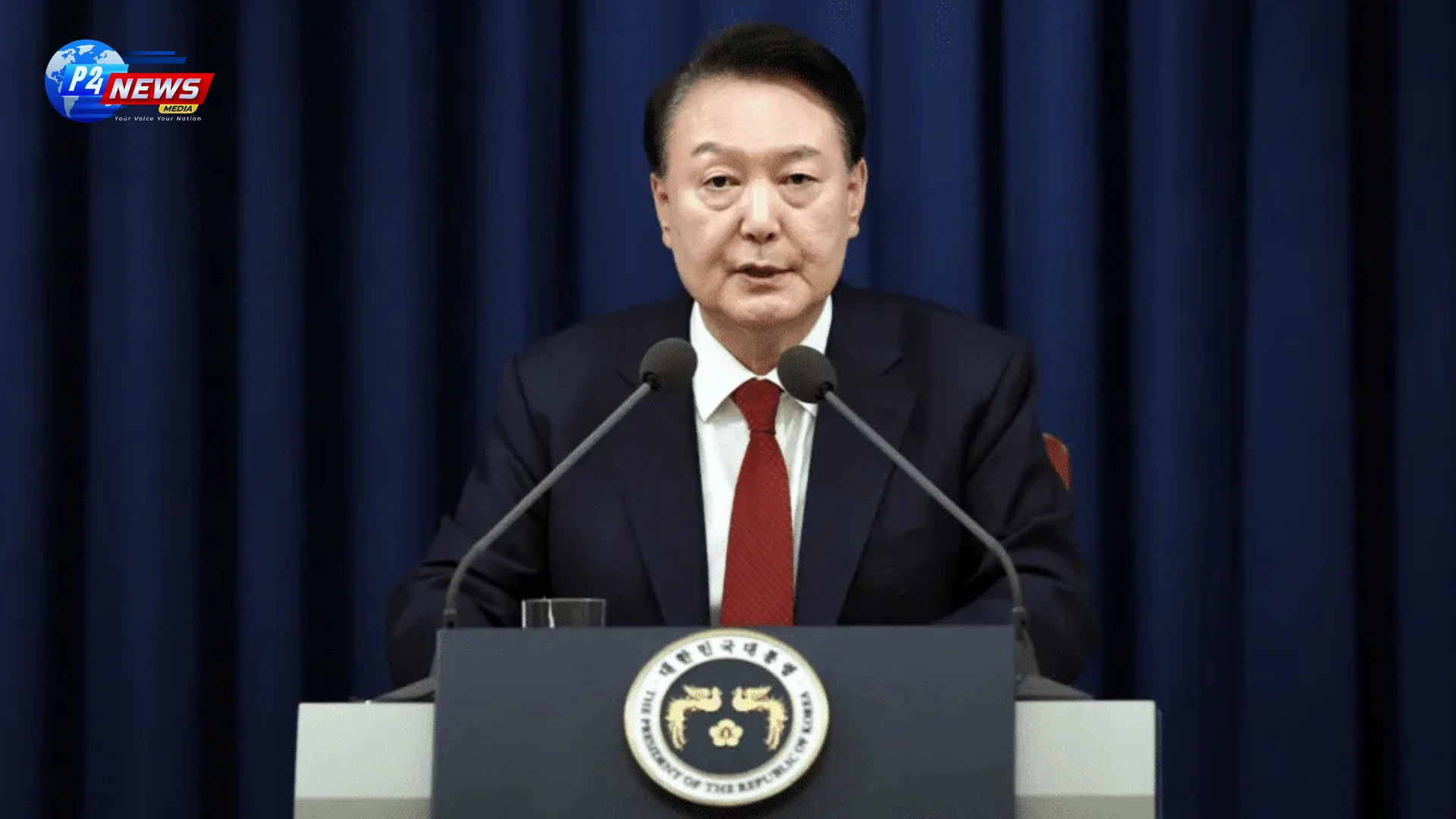Amid rising tensions, South Korean President Yoon Suk Yeol has declared martial law to address perceived threats and stabilize the nation. This unprecedented move since 1987 raises concerns over democracy and governance.
Amid rising tensions, South Korean President Yoon Suk Yeol has declared martial law to address perceived threats and stabilize the nation. This unprecedented move since 1987 raises concerns over democracy and governance.
In a surprising move, South Korean President Yoon Suk Yeol addressed the nation with the announcement of martial law aimed at countering “anti-state forces” that he believes threaten the country's integrity. This declaration marks a significant point in South Korean history, being the first instance since the country transitioned to democracy in 1987, with the last martial law being imposed back in October 1979.
During his televised address, Yoon expressed his determination to eradicate pro-North Korean factions and asserted his commitment to maintaining the constitutional order. He stated that the parliament had been hijacked by opposition parties, which he claims are exacerbating the crisis in the nation. “I will eliminate anti-state forces swiftly and restore normalcy,” he emphasized, urging citizens to support him through necessary inconveniences.
Following Yoon's declaration, military authorities in South Korea have suspended political gatherings believed to incite social chaos, illustrating the seriousness of the president's stance. In addition, the South Korean military has instructed protesting doctors to resume work within 48 hours, amidst ongoing strikes in response to government plans to increase medical school enrolments.
Despite the president's assertions, the martial law declaration has ignited fierce backlash from opposition leaders. The Democratic Party's chief, Lee Jae-myung, condemned the announcement as “illegal and unconstitutional,” while even members from Yoon's own People Power Party expressed discontent with the decision. Han Dong-hoon, a prominent figure within Yoon’s party, called for collective action to reverse the decision, showcasing the growing rift even within his political circle.
Yoon's presidency has faced considerable obstacles ever since his tenure began in 2022, grappling with the opposition's significant control over parliament. High-stakes negotiations around next year's budget have added to the tension, alongside motions aimed at impeaching top prosecutors. Additionally, Yoon has resisted calls for an independent inquiry into various scandals involving his administration, further complicating his challenges.
The declaration of martial law raises critical questions regarding its implications for democracy in South Korea. According to existing legal frameworks, an end to martial law requires a parliamentary majority, which currently rests with the opposition party. This scenario puts Yoon in a precarious position as he navigates both internal and external pressures.
As the situation unfolds, the consequences of Yoon's bold step remain to be seen. The international community is closely monitoring developments, with concerns that the martial law could undermine democratic processes and civil liberties in South Korea. The forthcoming days and reactions from various sectors will be pivotal in determining the extent of the impact of this unprecedented decision.
'
Like
Dislike
Love
Angry
Sad
Funny
Pray
'Trump Tracker: Tulsi Gabbard's Surprising Appointment as US Intelligence Chief
November 14, 20249th Ayurveda Day in Melbourne: A Celebration of Ayurvedic Innovations and Global Health Impact
November 10, 2024🍪 We Value Your Privacy and Experience Hi there! We use cookies to enhance your browsing experience, provide personalized content, and analyze site traffic. By continuing to use our site, you consent to our use of cookies.







Comments 0